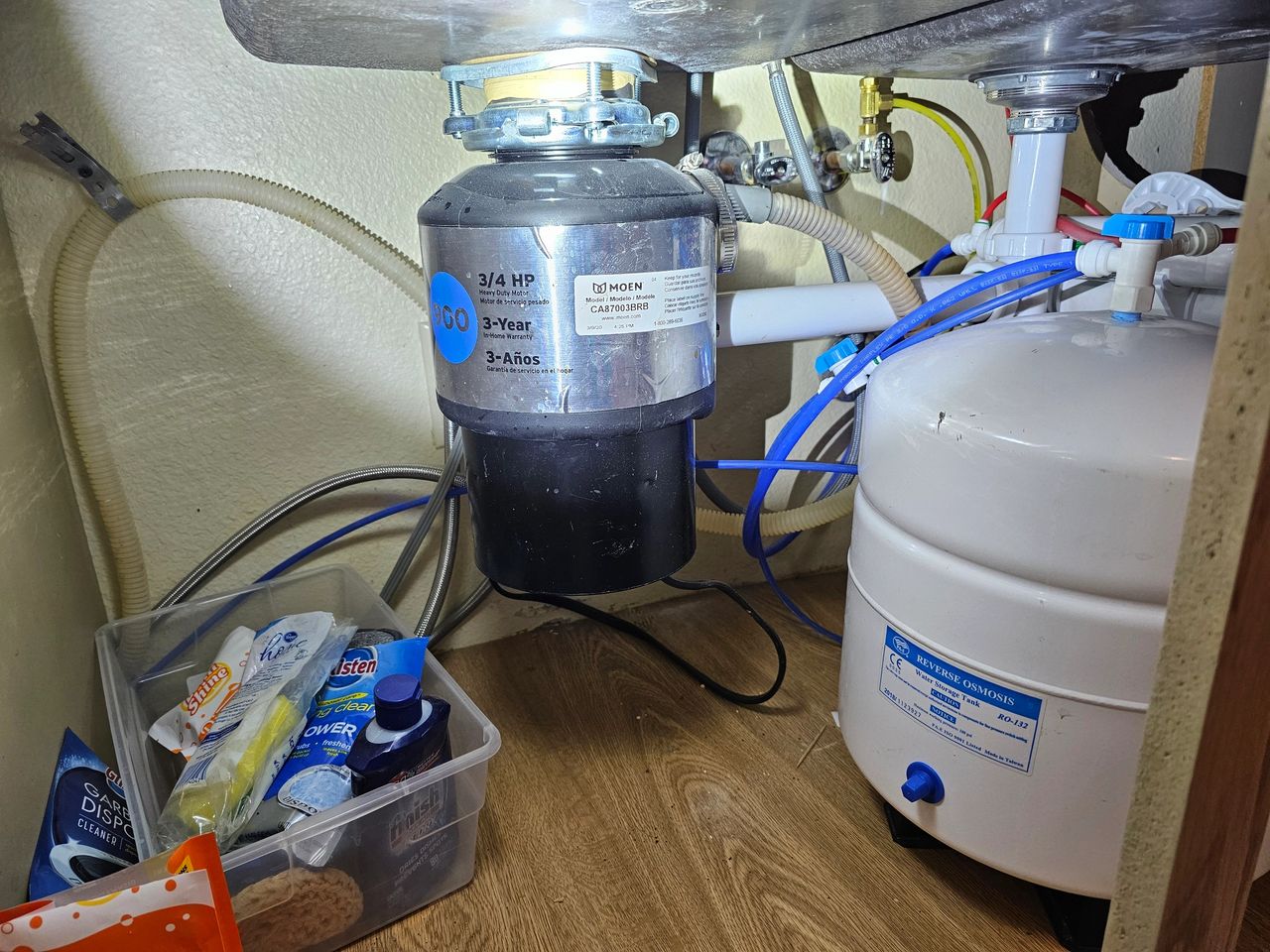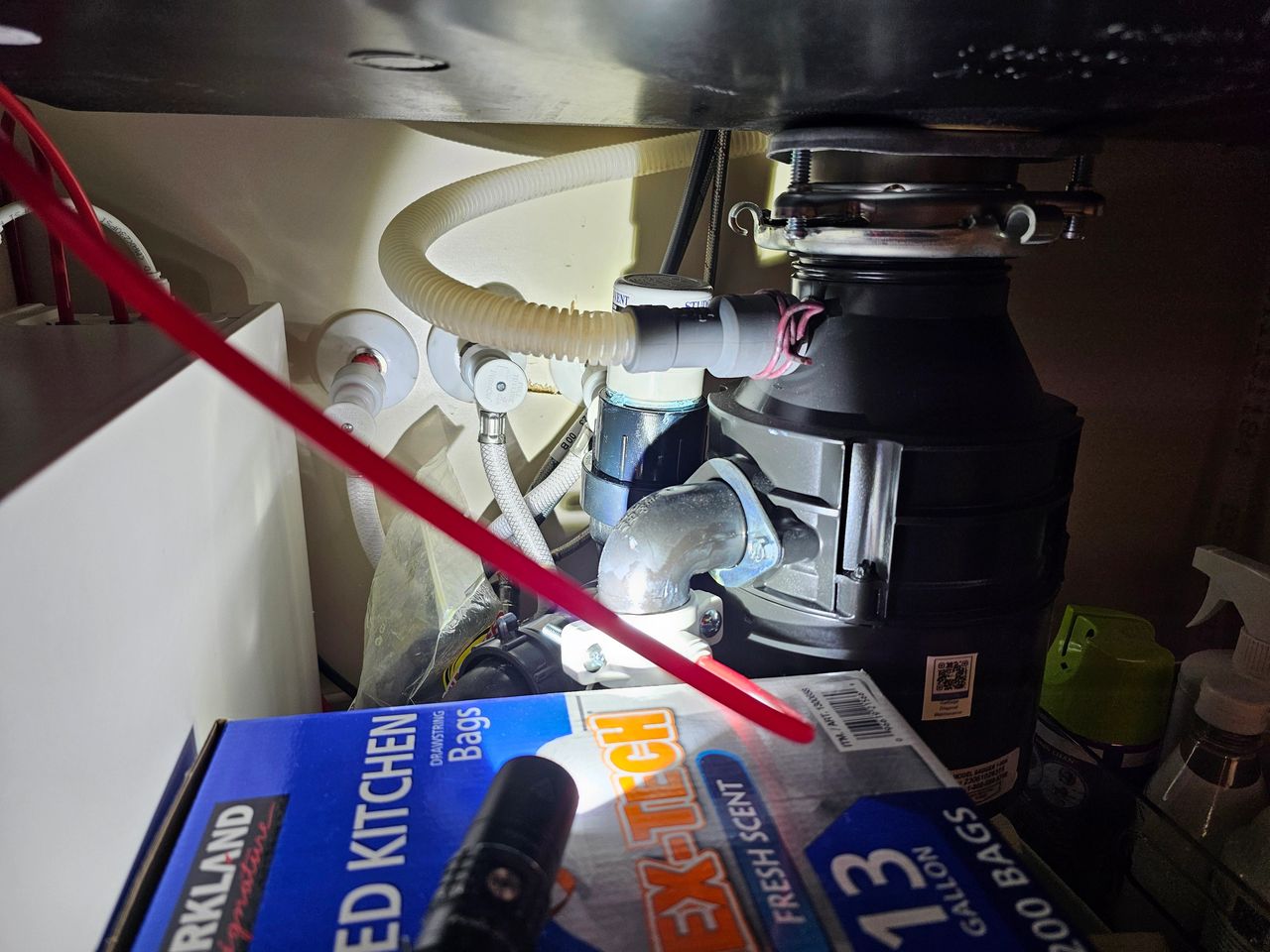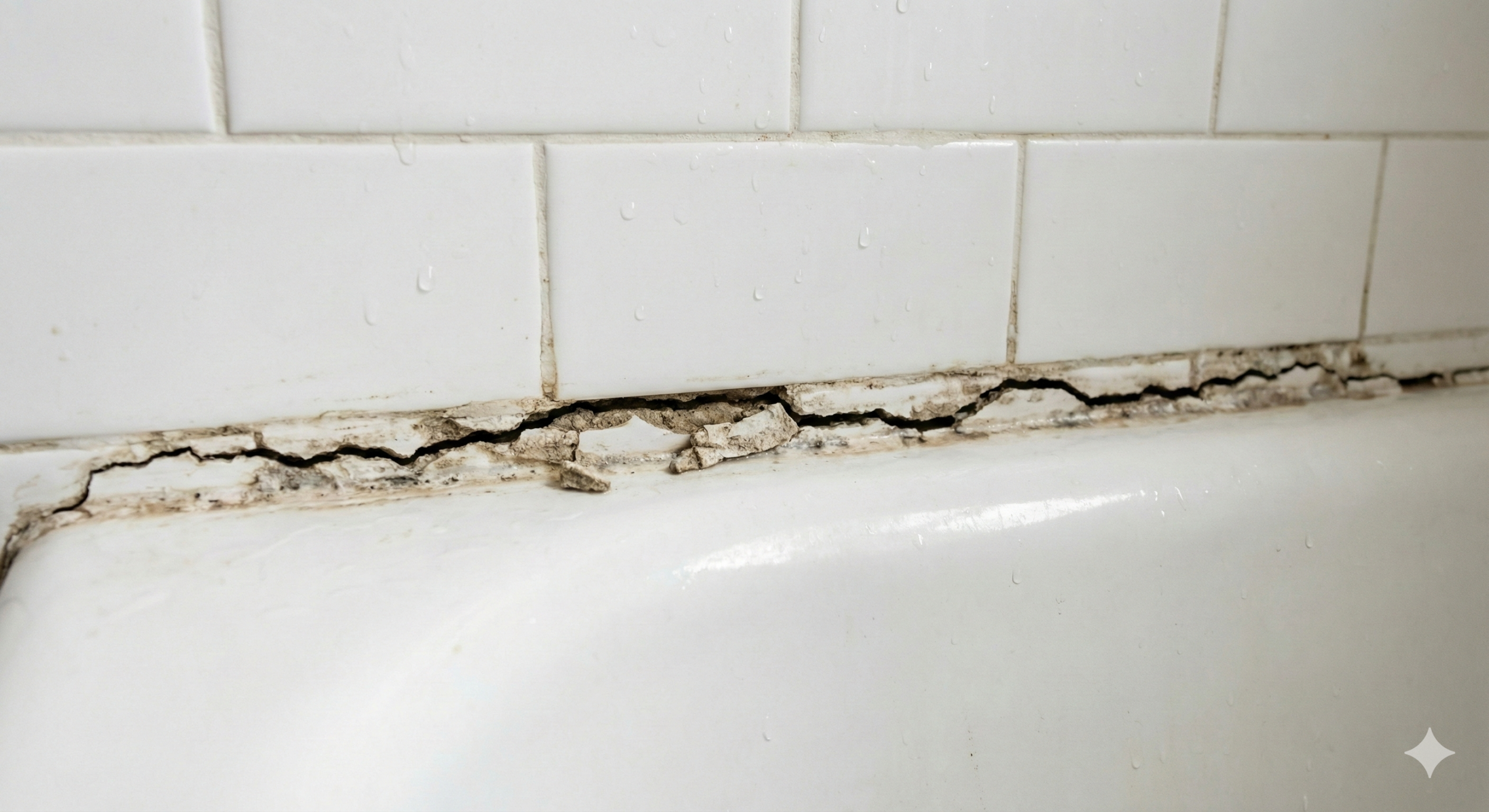When I’m checking under the kitchen sink during your home inspection, one little detail I always look for is whether the dishwasher drain line has a high loop. It’s a small thing, but it actually makes a big difference when it comes to keeping your dishwasher—and your dishes—clean and safe.

A high loop just means the drain hose from the dishwasher is routed up high under the sink, close to the underside of the countertop, before it connects to the disposal or drain. That loop helps prevent dirty sink water from flowing back into your dishwasher. Without it, stuff like food particles, grease, or bacteria could sneak back into the machine. Not exactly what you want on your clean plates.
A lot of newer dishwashers do have a built-in loop at the back of the unit, but it’s still important for that hose to be looped up visibly under the sink. That’s why I check for it—especially here in Arizona where I see this missed pretty often, even in brand-new homes.
If I called it out in your report, it’s not because I’m being picky—it’s just an easy, inexpensive fix that can help keep your dishwasher working properly and prevent any nasty surprises down the line.
One more tip while we’re talking about dishwashers: those drain hoses are usually corrugated plastic, and they can hold onto gunk over time. Giving the line a vinegar rinse now and then can help keep things clean and smelling fresh.
If your dishwasher’s starting to smell a little funky or isn’t draining quite right, it might be time to give the drain line a good cleaning. It’s a simple job you can usually handle yourself with a little time and a few basic supplies.

Here’s how to clean your dishwasher drain line:
-
Turn off the power and water
Safety first—flip the breaker off or unplug the dishwasher, and shut off the water supply if it’s easy to access.
-
Take a look under the sink
Find where the dishwasher drain hose connects—usually to the garbage disposal or the sink drain. Loosen the clamp and gently pull the hose off. You might want a towel or small bucket handy in case there’s any water left in the line.
-
Clear the hose
Take the hose outside or to a utility sink. You can flush it with water, or for a deeper clean, mix up a solution of warm water and white vinegar (50/50 works well). Use a funnel to pour it through the hose and let it sit a few minutes. Then flush it again with water. If there’s stubborn gunk, you can use a long flexible brush or even a straightened coat hanger (gently!) to work it loose.
-
Check the drain inlet and garbage disposal
While the hose is off, take a peek at where it connects. If you’ve got a garbage disposal, make sure the drain port is clear. Sometimes buildup there can be the real culprit.
-
Reattach everything
Slide the hose back onto its fitting, tighten the clamp, and make sure it’s looped up high under the sink in that “high loop” we talked about earlier. That keeps things draining the right way.
-
Run a cleaning cycle
Once everything’s back together, run the dishwasher empty with a cup of white vinegar on the top rack. It’ll help clear out any lingering odors or buildup inside the machine.
So, if your report mentions a missing high loop, don’t sweat it—it’s a quick adjustment, and it’s worth doing. Clean dishes and peace of mind? Hard to beat that combo.
dishwasher high loop, dishwasher drain hose, under sink inspection, new build dishwasher installation, backflow prevention, dishwasher contamination, corrugated drain line, dishwasher cross connection, home inspection plumbing, kitchen sink inspection, garbage disposal drain, dishwasher drain setup, drain hose loop, plumbing home inspection, Arizona home inspector, Property Inspections Plus, Home Inspector Dan, safe dishwasher installation, dishwasher maintenance tips, high loop installation.


 Hi, I’m Home Inspector Dan — owner of Property Inspections Plus and a
Hi, I’m Home Inspector Dan — owner of Property Inspections Plus and a 


